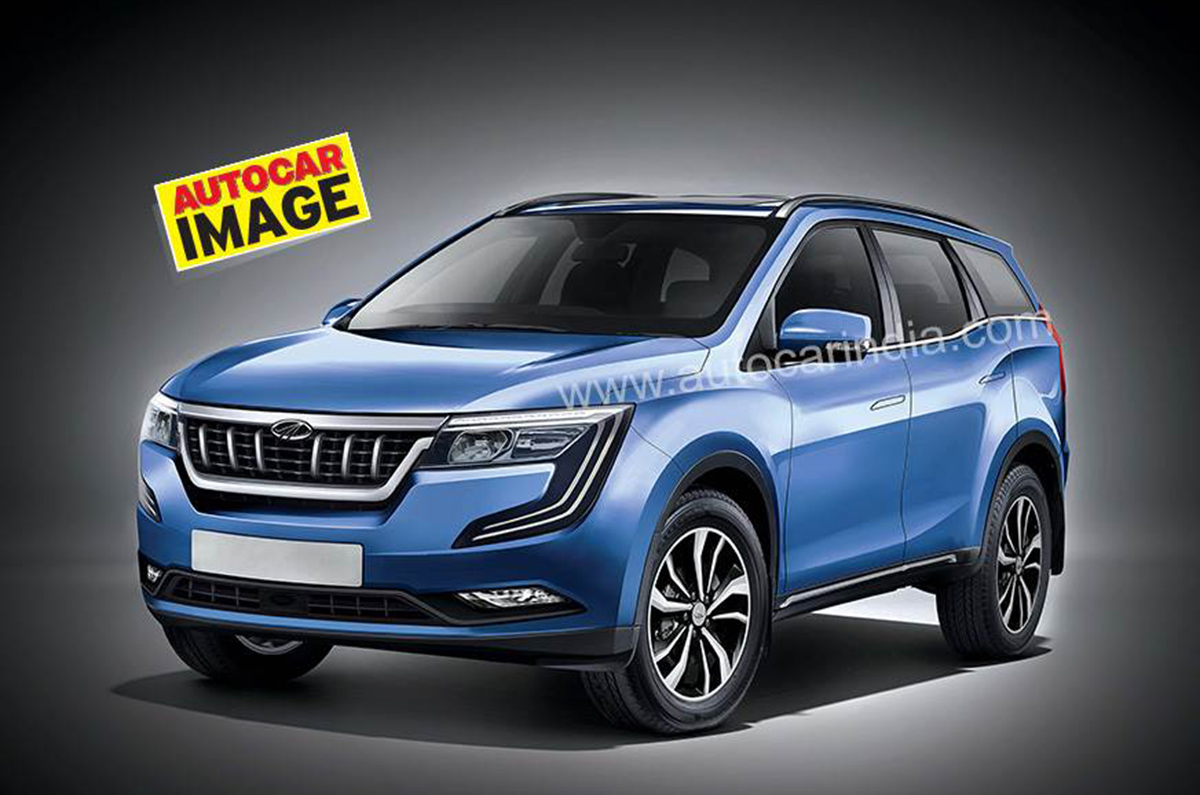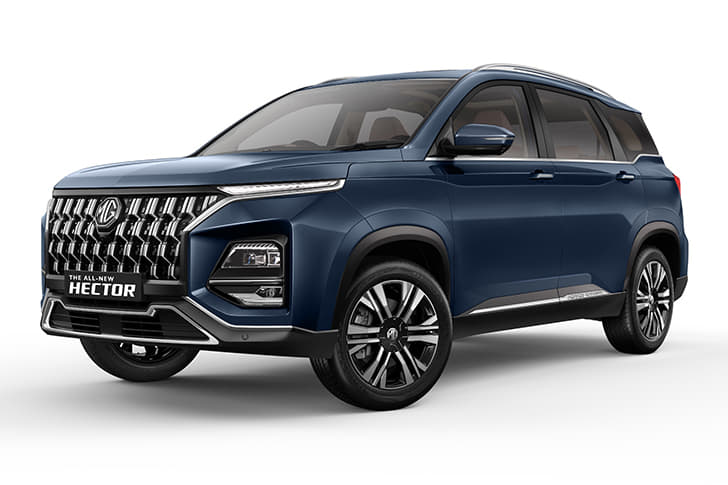While it may have the Bolero name on it, the Bolero Neo shares little with the standard Bolero. The Neo is essentially an updated Mahindra TUV300 rebranded to join the more popular Bolero family. The two SUVs also share little in common apart from using the same diesel engine in different states of tune. The Bolero Neo is also clearly the more upmarket of the two and aimed at a different clientele. We take a closer look at the two.
Mahindra Bolero Neo vs Bolero: The design
While, both SUVs follow a similar basic design formula – a boxy and upright SUV sitting under the 4m mark, the designs are quite different. While the Bolero Neo is a smoother modern interpretation of the traditional SUV design, the regular Bolero is notably more old school with the wheel arch extensions, exposed door hinges and flat window line.
Mahindra, though, seems to have tried to provide some visual links between the two Boleros. The side body moulding and clamshell bonnet are shared elements while the Neo also gets what Mahindra calls its X-shaped front bumper – a design detail on the regular Bolero as well.
Coming to the size, both models share an identical length and wheelbase. The Neo though is wider by a good 50mm while the standard Bolero trumps it in height by about 63mm.
Mahindra Bolero Neo vs Bolero: Mechanicals
While the Bolero and Bolero Neo are both sub-4m SUVs on ladder-frame chassis with longitudinal engines and RWD, there are some differences that start from the chassis. The Bolero Neo uses Mahindra’s Gen 3 chassis that also underpins the Scorpio and the new Thar. The Neo also gets the more modern suspension set-up with independent front and multi-link rear, both with coil springs and stabilizer bars.
The standard Bolero meanwhile is underpinned by an older chassis and gets a more basic suspension set-up pointing at the model’s more basic and utilitarian applications that involve moving heavy loads. The SUV also gets independent front suspension but, unlike the Neo’s multi-link set-up at the rear, it gets simpler leaf springs.
Both the Boleros use Mahindra’s 1.5-litre diesel engines – the mHawk75 in the standard and mHawk100 in the Neo. Despite the different numbers in the badging, both still use the same basic engine – a 1.5-litre three-cylinder turbo-diesel – with the Neo featuring a variable geometry turbo for increased power. The Neo’s unit puts out a meatier 100hp and 260Nm while in the Bolero the engine develops 76hp and 210Nm. Both engines come with micro-hybrid (engine start-stop) tech.
An interesting addition on the Neo is the option for a mechanical locking differential on the rear axle. While it remains a two-wheel drive SUV nonetheless, it should get a little more ability off-road.
Mahindra Bolero Neo vs Bolero: The cabin and features
Moving to the cabin, the Bolero’s more utilitarian nature becomes apparent with its lack of many frills even in the fully-loaded variant. The Bolero Neo’s cabin differs little from the outgoing TUV300 meaning you get a dual-tone dashboard along with a substantial number of comfort and convenience features in fully-loaded form. Both SUVs though offer seating for up to 7 with jump seats in the boot.
In fully loaded form, the Bolero Neo packs in a lot of tech including some that you would not previously find on a Bolero. The equipment list for the fully-loaded N10 includes a 7.0-inch touchscreen with Bluetooth connectivity, LED daytime running lamps, driver seat height adjust, alloy wheels, cruise control, electric adjust wing mirrors, front seat armrests, remote locking dual airbags, ABS and corner braking control (CBC). The N10 variant is also the one that gets the option of a mechanical locking rear differential – this variant is called the N10(O) prices for which will be announced at a later date.
The fully-loaded Bolero in comparison only gets you a driver airbag, ABS, an audio system, a rather rudimentary digital instrument readout, air-conditioning, power windows and remote locking.
Mahindra Bolero Neo vs Bolero: Prices
Coming to prices is where it really starts to get a bit interesting. Both the Bolero and Bolero Neo are available in a choice of three variants though depending on the city it’s the Bolero Neo that currently undercuts the standard Bolero in terms of starting price. This can be attributed to the Bolero Neo’s ex-showroom prices being valid pan-India while the standard Bolero’s prices vary depending on the location.
*N10(O) prices to be announced later
Prices for the Neo start at Rs 8.48 lakh (ex-showroom, India, introductory) while the older Bolero is priced from Rs 8.63 lakh (ex-showroom, Delhi). Despite being more affordable model here the base Bolero Neo is the better equipped of the two with kit such as CBC, dual airbags, central locking and power windows – some of which are not available on the standard Bolero.
However, the Bolero Neo’s more premium positioning becomes more apparent in the higher trim levels with the mid-spec N8 trim priced at Rs 9.48 lakh or about Rs 11,000 more than a mid-spec Bolero. In fully-loaded N10 spec the Bolero Neo is priced at Rs 9.99 lakh which pushes the premium over the standard Bolero to about Rs 38,000.
In Pune however, prices for the Bolero start at Rs 8.41 lakh – placing it below the base Bolero Neo – with the difference in pricing going up to about Rs 58,000 for higher models.




























